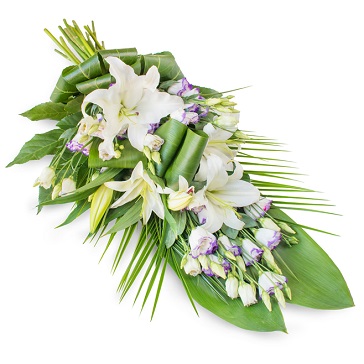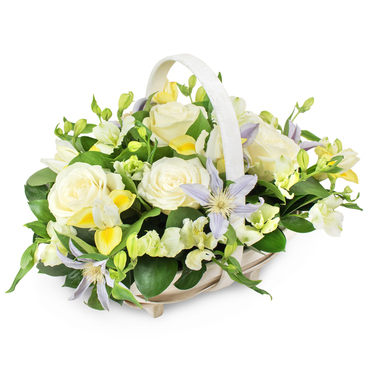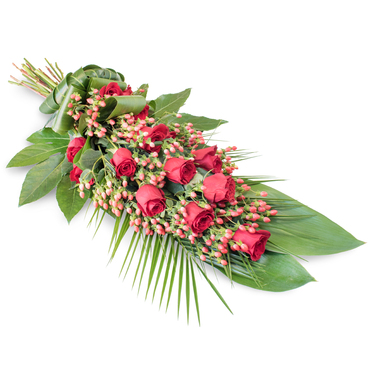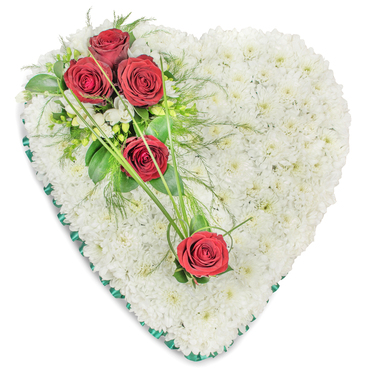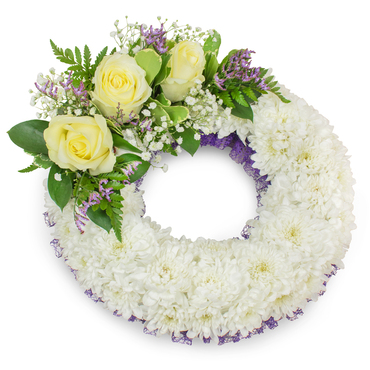Allergy-Safe Flowers: Beautiful Options for Sensitive People
Posted on 09/12/2024
For individuals who are sensitive to pollen, the beauty of flowers can often come with an unpleasant side effect: allergies. However, by choosing allergy-safe flowers, you can still enjoy a stunning array of blooms without the sniffles, sneezes, or itchy eyes. In this article, we'll explore a variety of beautiful and hypoallergenic flowers that are perfect for sensitive noses and offer tips on how to create an allergy-free floral environment.
The Science Behind Flower Allergies
Before diving into the list of allergy-safe options, it's important to understand what causes floral allergies. The primary culprit is pollen, a powdery substance produced by flowers for reproduction. Airborne pollen can easily be inhaled and trigger allergic reactions in sensitive individuals.
Luckily, not all flowers release their pollen into the air. Some flowers rely on insects, rather than wind, to transfer pollen and fertilize nearby plants, making them less likely to cause allergic reactions. By selecting these types of flowers, you can reduce the risk of triggering allergy symptoms.
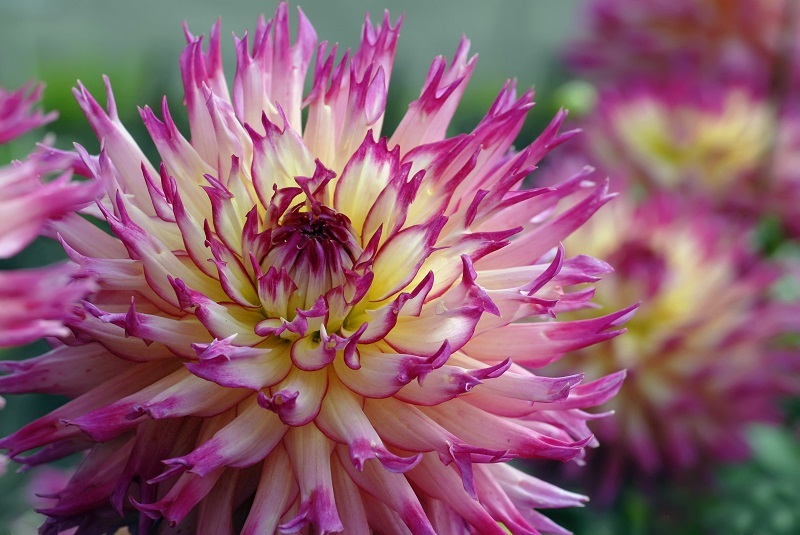
Choosing Allergy-Safe Flowers
Here is a list of allergy-friendly flowers that are as stunning as they are gentle on your senses:
- Roses: Known for their classic beauty, roses have tightly packed pollen that typically does not become airborne. This makes them an excellent choice for individuals with pollen allergies.
- Orchids: These exotic beauties produce minimal pollen and make a striking addition to any indoor or outdoor setting.
- Snapdragons: With their vibrant colors and unique shape, snapdragons have very low pollen counts, helping to keep allergies at bay.
- Peonies: Peonies are not only visually stunning but also have limited pollen that is less likely to be airborne.
- Begonias: A popular choice for shady gardens, begonias produce little to no pollen and are perfect for sensitive individuals.
- Tulips: Tulips contain very low levels of pollen, making them a popular allergy-friendly flower during the spring season.
- Daffodils: These cheerful flowers have a low pollen count and are unlikely to cause allergic reactions.
- Hydrangeas: Known for their lush blooms, hydrangeas produce pollen that is generally non-irritating for most allergy sufferers.
- Geraniums: With numerous varieties to choose from, geraniums are an allergy-safe option due to their low pollen production.
- Pansies: These charming flowers have negligible pollen and offer a brilliant splash of color to any garden.
Gardening Tips for Allergy Sufferers
Creating an allergy-friendly garden involves more than just selecting the right flowers. Here are some additional tips to further minimize allergy symptoms:
- Choose insect-pollinated plants: As mentioned earlier, flowers pollinated by insects, rather than wind, are less likely to cause allergies. Insect-pollinated flowers have heavier pollen that is not easily moved by air.
- Consider plant placement: Place allergenic plants downwind from living areas to reduce the amount of pollen blowing toward your home.
- Maintain your garden: Regularly prune trees, shrubs, and flowers to limit pollen production, and remove weeds, which can be significant pollen producers themselves.
- Water frequently: Keeping the garden well-watered can reduce pollen in the air.
- Mow the lawn often: Regular mowing can prevent grass pollen from becoming airborne.
- Work in the garden when pollen counts are low: Pollen counts tend to be lower in the late afternoon and after rain.
Indoor Floral Arrangements
If you're interested in bringing allergy-friendly flowers indoors, there's no need to compromise on style or fragrance. Here are some tips to ensure your indoor arrangements are as pleasing to the eyes as they are kind to the sinuses:
- Select the right flowers; Choose from the allergy-safe options listed above to include in your indoor arrangements.
- Keeps arrangements clean: Regularly change the water in vases to prevent mold and bacteria from forming.
- Avoid excessive fragrance: While many of our recommended flowers are gentle on pollen allergies, you should still be mindful of strong fragrances, which can cause irritation for some.
- Place arrangements strategically: Keep arrangements away from heating vents and direct sunlight to prolong their life and minimize allergen exposure.
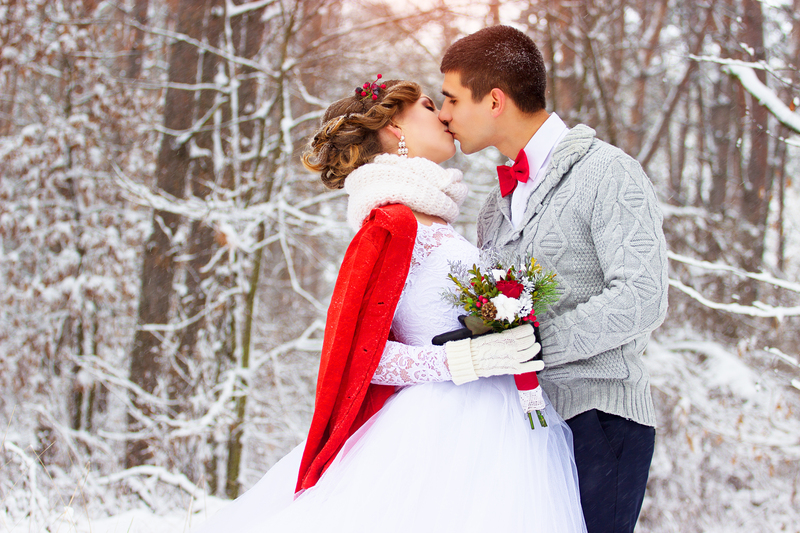
Caring for Allergy-Safe Flowers
To keep your hypoallergenic flowers looking their best, proper care is essential. Follow these general guidelines to ensure your flowers thrive, indoors or out:
- Know the needs of each plant: Research the specific water, light, and soil requirements of your allergy-friendly flowers.
- Regular pruning: Deadhead faded blooms and trim foliage as needed to encourage healthy growth and limit pollen production.
- Pest management: Monitor your plants for signs of pests, and choose eco-friendly pest control methods to protect your garden's health.
Conclusion: Enjoying Allergy-Free Floral Beauty
With thoughtful selection and care, you can create a vibrant, allergy-safe garden that everyone can enjoy. By choosing low-pollen flowers like roses, orchids, and snapdragons, alongside implementing smart gardening practices, you can minimize allergy symptoms while still basking in the beauty of flowers.
Take a step towards a more comfortable and beautiful garden environment today by incorporating allergy-safe flowers into your landscape. With options ranging from elegant indoor arrangements to stunning outdoor displays, the possibilities are endless for sensitive individuals who love the allure of blooms.
Latest Posts
Infuse Romance into Your Reception with Delicate Edible Flowers
Floral Finale: Mastering the Art of Flower Selection
Wedding Wonders: Stunning Flowers That Maximize Beauty, Minimize Costs
Blossoming Messages: Unveiling Floral Symbolism Around the Globe





